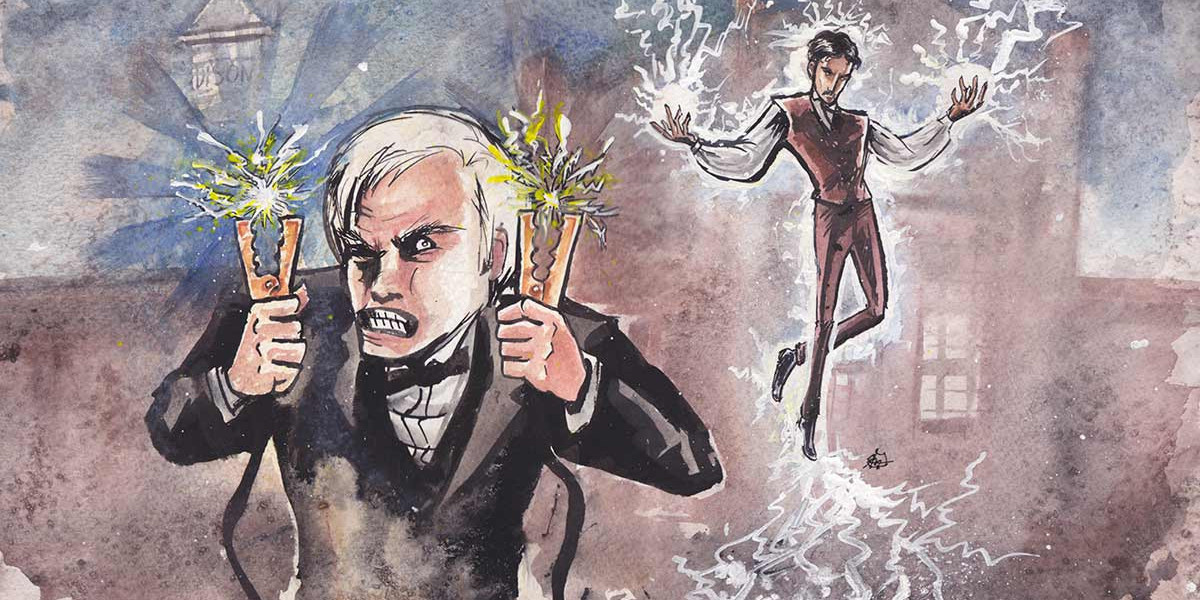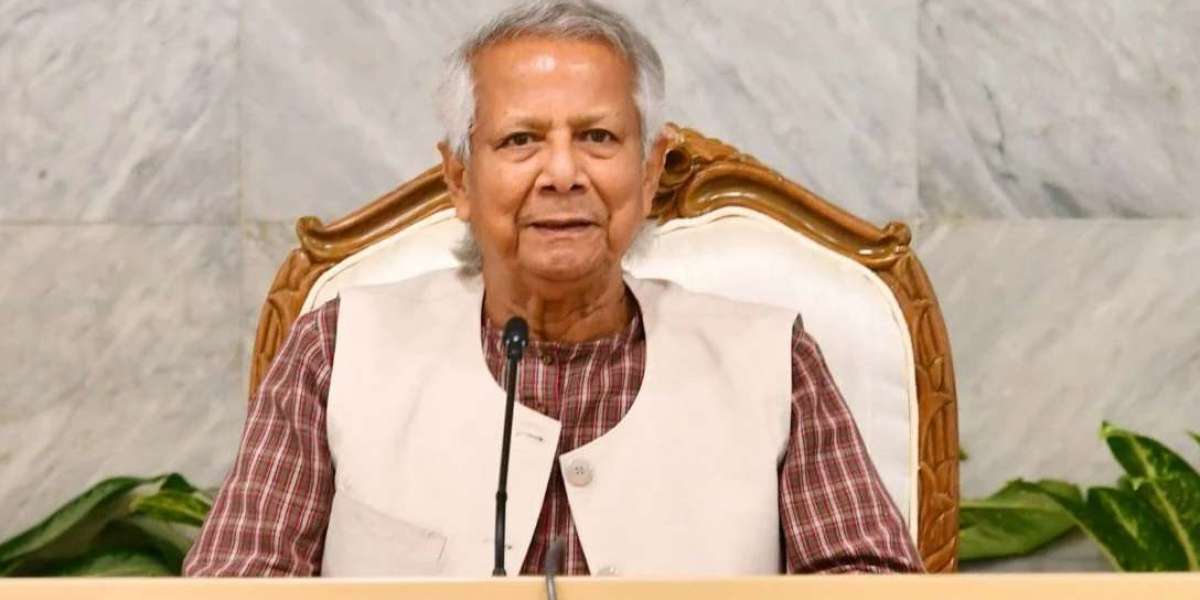The meeting between Russian President Vladimir Putin and Iranian President Masoud Pezheshkian in Ashgabat, the capital of Turkmenistan, on October 11 has added a new dimension to world politics.
This meeting is considered important in the context of the current situation in the Middle East and especially Israel's response after Iran's large-scale missile attack on Israel on October 1.
A solid foundation for Russia-Iran relations
In the discussion between the two leaders, emphasis was placed on enhancing bilateral cooperation in various sectors. Both Russia and Iran, especially under Western sanctions, are trying to strengthen their economic ties and common vision on global issues.
At odds with Western powers over the ongoing Ukraine crisis, Putin presents Russia's position as part of a larger existential struggle with the West. He is keen to strengthen ties with the Global East and South. Where Iran is one of the main partners. Both countries have taken a united stand against US policies and Western sanctions.
Military Cooperation: An Important Element
Military cooperation between Russia and Iran has increased significantly in the last few years. Especially since the beginning of the Russian invasion of Ukraine in 2022. Iran is also accused of supplying drones for Russia. In particular, it is alleged that the attack drone named 'Shaheed' has been supplied to Russia.
Recently, US Secretary of State Anthony Blinken has alleged that Iran has also supplied Russia with short-range ballistic missiles. As a result, Iran is playing an active role in increasing Russia's military capabilities.
The future of Russia-Iran relations
While ties between Russia and Iran are strong, experts say the likelihood of Russia directly aiding Iran in a war against Israel is highly unlikely. Russia's response to an Iran-Israel war scenario would be quite restrained.
In this regard, Alex Vatanka, the founding director of the Washington-based Middle East Institute's Iran Program, said Iran and Russia have a common vision. That is - the US and the West should be resisted at any opportunity.
He further said, we are seeing such attitude being effective in various fields. For example, Iran is supplying drones and missiles to Russia in the Ukraine war. On the other hand, Russia is providing military expertise and technology to Iran. Russia is helping Iran despite the Iran-Israel conflict. Besides, anti-Western cooperation in cyber warfare is also increasing between the two countries.
Relations between Iran and Russia have been strained by sanctions
Both Russia and Iran are isolated by global sanctions, and they are further united by this isolation. But through this relationship, Iran is not getting rid of the US sanctions. How sustainable this closeness will be, and what its long-term effects will be, remains uncertain.
Although Iran has been able to increase its diplomatic importance by gaining membership of international platforms such as BRICS (BRICS) and Shanghai Cooperation Organization (SCO), the membership of these platforms has not yet had a significant impact on Iran's economy.
In this regard, Vatanka said, this diplomatic relationship frees Iran from the stress of international isolation and places Iran next to powerful countries like Russia, China, India and Brazil. However, its economic benefits have yet to materialize for Iran.
Iranian President Masoud Pezeshkian has already expressed his desire to deepen ties with Russia. Especially in countering the 'atrocities' of Western sanctions.
Iran-Israel rivalry: tool for Russia?
Analysts say the context of ongoing hostilities between Israel and Iran has created a difficult situation for Russia. On the one hand, the long-term conflict between Israel and the so-called 'resistance axis' (which includes Iran and its allies) serves Russia's interests, as it diverts the Western world's attention from the situation in Ukraine.
The conflict is serving as a propaganda tool for Russia. Through which Moscow is highlighting the duplicity of the West, especially on issues like Palestine and Ukraine. Russia is trying to show that the West is adopting a two-pronged policy on several fronts.
But a large-scale war, especially a direct conflict between Iran and Israel, would involve the United States, but not Russia.
Hamidreza Azizi, a visiting fellow at the German Institute for International and Security Affairs (SWP), said such a conflict could jeopardize Russia's geopolitical goals in the Middle East, especially in Syria.
Israel has now stepped up its operations against Iranian-backed positions. If Israel tries to weaken the Axis military capabilities by targeting Assad forces in Syria, such a move may not be as advantageous for Russia.
On October 3, Israel launched a missile attack on an arms depot in Latakia, near Russia's Hmeimim base.
According to reports, some of Israel's cruise missiles were shot down by Russian air defense systems. But some other missiles hit a warehouse used by Syrian and Iranian forces.
Azizi said that even if the United States were directly involved in a conflict that would weaken Iran, Russia would not turn a blind eye.
Russia manages relations with Iran delicately. As the country has traditionally partnered with the hard-line factions of the Iranian government. But not with the entire Iranian state. So while Russia benefits from long-term antagonism, it wants to avoid a situation that would significantly weaken Iran.
Russia's military aid: How much is expected?
While Russia may provide technical and intelligence assistance to Iran, direct military assistance is unlikely.
According to experts, Russia is likely to supply weapons to Iran's allies, but only indirectly. Russia's economic ties are particularly important with Saudi Arabia and the United Arab Emirates, which Moscow would not want to take any steps to maintain that would jeopardize those ties.
Meanwhile, Israel's Prime Minister Benjamin Netanyahu recently said that Israeli forces have recovered "sophisticated Russian weapons" from Hezbollah's base. As a result of this incident, the relationship between Russia and Israel may become somewhat complicated.
However, analysts believe that Russia will refrain from directly supplying weapons to Iran. Because Putin's country will not want to destroy their relationship with Israel.
Russia's role in the Middle East
Russia's position in the Middle East is one of balance as well as strength. Russia's military presence in Syria and its ties to key powers in the region have put Russia in a position to distance itself from any major conflict.
So to summarize, even if the relationship between Iran and Russia is strong, there is considerable doubt whether Russia will provide direct support in case of Iran-Israel war. Russia can provide some assistance as an ally of Iran. But it will be indirect and through sharing of military technology and intelligence. Nothing more.
(According to a column by writer Vanessa Ganem published in Al Arabiya).



















































